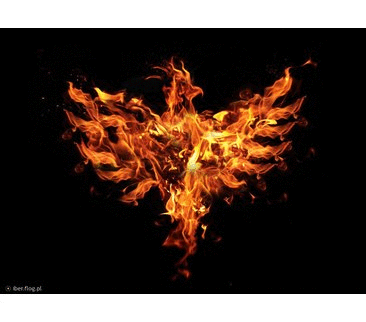I am accepting charitable donations,.
ETH: 0x66e2871ef39334962fb75ce34407f825d67ec434 | BTC: 38B6vGaqNvMyTtoFEZPmNvMS7icV6ZnPMm | xDAI: 0x66e2871ef39334962fb75ce34407f825d67ec434
layout: post title: Yankee Doodle went to win, riding on a one of the 5 horses, stuck Osiris' feather in his hat and called it 'macaronic.' date: '2017-09-22T12:04:00.001-07:00' author: Adam M. Dobrin tags: modified_time: '2017-09-22T12:04:20.073-07:00' thumbnail: http://1.bp.blogspot.com/-5dgA8topOBE/WcVetdOE1jI/AAAAAAAAH3A/8VqotLTy99op276AjAh4o7_bGuzfVkdYgCK4BGAYYCw/s72-c/image-760075.png blogger_id: tag:blogger.com,1999:blog-4677390916502096913.post-1721847552839434215 blogger_orig_url: ./2017/09/yankee-doodle-went-to-win-riding-on-one.html

- The Hebrew Bible commands that "The fire shall ever be burning upon the altar; it shall never go out" (Leviticus 6:5,[6] JPS, regarding the altar of Burnt Offering in the Tabernacle, and later the altars in Solomon's Temple and the Second Temple (the latter sacked by Rome in 70 AD). Many churches (especially Catholic and Lutheran), along with Jewish synagogues, feature an eternal flame on or hung above their altars (churches) or Torah arks (synagogues). When a church is founded, the flame is passed from another church and the candles are regularly replaced to keep the original flame burning.
The etymology of the theonym prometheus is debated. The classical view is that it signifies "forethought," as that of his brother Epimetheus denotes "afterthought".[1] It has been theorized that it derives from the Proto-Indo-European root that also produces the Vedic pra math, "to steal," hence pramathyu-s, "thief", cognate with "Prometheus", the thief of fire. The Vedic myth of fire's theft by Mātariśvan is an analog to the Greek account. Pramantha was the tool used to create fire.[2]
In the King James Version of the Bible the text reads:
- I indeed baptize you with water unto
- repentance. but he that cometh after
- me is mightier than I, whose shoes I
- am not worthy to bear: he shall baptize
- you with the Holy Ghost, and with fire:
The New International Version translates the passage as:
- "I baptize you with water for repentance.
- But after me will come one who is more
- powerful than I, whose sandals I am not
- fit to carry. He will baptize you
- with the Holy Spirit and with fire.
- Ra, fire god of the sun, light, warmth, and growth
- Aganju, Orisha god of fire, volcanoes, and deserts
- Kōjin, god of fire, hearth, and the kitchen
- Eate, god of fire and storms
- Belenus, bright god of the sun and health who rides his chariot in the sky
- Kamar, fire goddess who was abducted by Amirani
- Vulcan, god of crafting and fire
- Adranus, god formerly worshipped in Adranus, near Mount Etna
- Huracán, fire god of storms and wind who created and destroyed humanity
- Jacawitz, fire god who was a companion of the sun god Tohil





